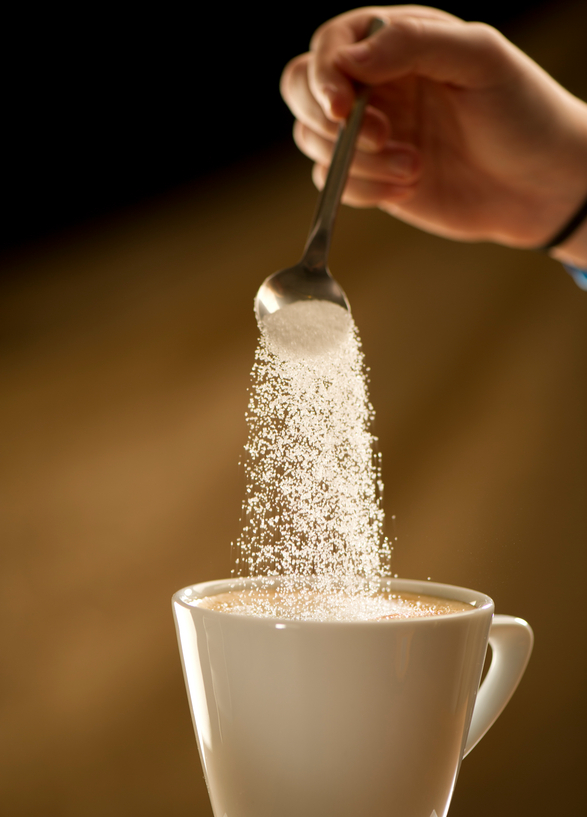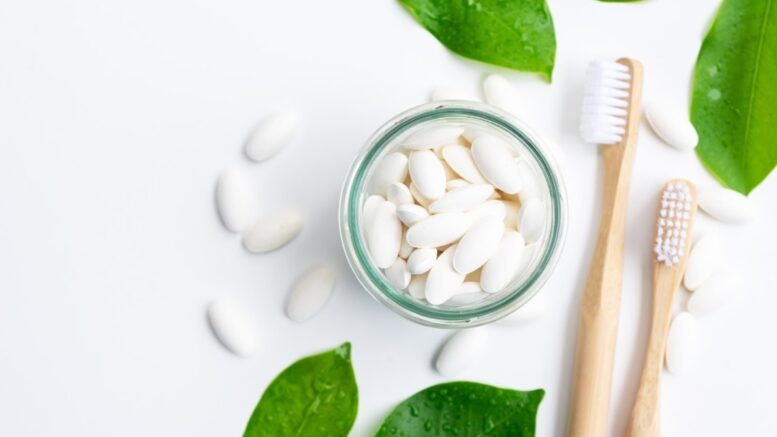Oral health, an integral aspect of overall wellness, is frequently undervalued within the broader scope of dietary and nutritional habits. The condition of your teeth and gums is intimately linked to your dietary choices. Specific foods and drinks can either promote or undermine dental health, highlighting the importance of mindful eating and drinking for maintaining healthy teeth and gums.
This article delves into the role of nutrition in maintaining oral health, highlighting how specific dietary choices can enhance or impair dental well-being.
The Connection Between Diet and Oral Health
The intricate relationship between your diet and oral health is fundamental, as the mouth serves as the primary entrance to the body. The types of foods and beverages consumed play a pivotal role in determining oral health. Consuming items rich in sugars and acids can accelerate the development of tooth decay and gum disease, negatively affecting oral hygiene. Conversely, a well-balanced diet, rich in essential nutrients, supports the fortification of tooth enamel and fosters healthier gums.
Recognizing and appreciating this connection is crucial to achieve and sustain optimal oral health. It forms the foundation for a proactive approach towards dental well-being, emphasizing the importance of your dietary choices in influencing oral health outcomes.
The Importance of Post-cleaning Diet
After a dental cleaning, adhering to a carefully considered diet is crucial for prolonging oral health benefits. This period is vital as teeth are often more susceptible to damage. Therefore, choose foods that are gentle on the teeth and rich in nutrients to strengthen tooth enamel and bolster gum health.
Furthermore, maintain a diet abundant in vitamins and minerals, such as calcium, phosphorus, and vitamins A, C, and D. These nutrients are instrumental in reinforcing tooth structure, which enhances gum resilience, and aid in the prevention of future dental issues.
By emphasizing a balanced diet during this time, you can ensure that the positive effects of dental cleaning are not only maintained but also enhanced. If you need more information, consult professionals who offer post-cleaning diet advice to help you adhere to the dietary guidelines.
Nutrients and Foods Essential for Oral Health
A robust oral health regimen involves more than just brushing and flossing; it also requires a diet rich in specific nutrients essential for maintaining the health of teeth and gums. These include:
- Calcium and Phosphorus: These minerals play a pivotal role in reinforcing the enamel, the protective outer layer of the teeth. This fortification is vital in warding off decay and maintaining tooth integrity. Excellent sources of these minerals include dairy products, which are rich in calcium, and leafy greens and nuts, known for their phosphorus content.
- Vitamin D: This vitamin is crucial for the optimal absorption of calcium and phosphorus, thereby enhancing enamel strength. Adequate Vitamin D levels can be achieved through sun exposure and consuming fortified foods to ensure the body effectively utilizes these minerals.
- Vitamin A: Integral for saliva production, Vitamin A aids in maintaining a clean oral environment. Saliva is key in neutralizing harmful bacteria, thus preventing oral infections. Carrots, sweet potatoes, and leafy greens are abundant in Vitamin A, promoting healthy saliva production.
- Vitamin C: This vitamin is essential for gum health by helping prevent gingivitis, a common form of gum disease. It strengthens the gums, supports the teeth, and prevents gum recession. Rich sources of Vitamin C include citrus fruits, berries, and peppers, which help maintain gum tissue’s integrity and health.
Incorporating these nutrients into your diet is a significant step towards ensuring overall oral health, complementing regular dental care practices.
Foods to Avoid for Healthy Teeth and Gums

Maintaining healthy teeth and gums involves embracing beneficial foods and avoiding those that can cause harm. Key culprits include:
- Sugary Snacks and Beverages: High sugar content in foods and drinks is one of the primary causes of tooth decay. Bacteria in the mouth feed on these sugars, producing acids that erode tooth enamel, leading to cavities.
- Acidic Foods: Though nutritious, foods like citrus fruits and tomatoes are high in acids. These acids can weaken and gradually wear away the enamel, making teeth more susceptible to decay.
- Sticky Foods: Items like candies and dried fruits may seem harmless, but their sticky nature allows them to cling to teeth surfaces for extended periods. This prolonged contact gives bacteria more time to feed on sugars, increasing the risk of tooth decay.
Avoiding or limiting these foods can significantly contribute to better oral health, keeping teeth and gums strong and healthy.
Water and Its Role in Maintaining Oral Health
Water plays a pivotal role in preserving oral health, serving as a natural cleanser for the mouth. Regular water consumption is instrumental in flushing away residual food particles and bacteria, which, if left unchecked, can lead to plaque buildup and tooth decay.
Additionally, water aids in the maintenance of saliva levels, which is crucial for neutralizing harmful acids and distributing essential nutrients throughout the mouth. In areas where tap water is fluoridated, it provides an added benefit by helping reinforce tooth enamel, thus offering an extra layer of defense against cavities.
Hence, staying well-hydrated is a simple yet effective strategy in ongoing oral health care and protection.
The Impact of Poor Nutrition on Oral Health
The repercussions of poor nutrition on oral health are significant and multifaceted. A diet deficient in essential nutrients can precipitate various oral health problems. For instance, gum disease often arises from inadequate intake of vitamins and minerals necessary for gum maintenance, leading to inflammation and potential tooth loss. Similarly, tooth decay is accelerated by diets high in sugars and low in protective nutrients.
Additionally, insufficient nutrition can weaken the immune system, reducing the body’s ability to fight oral infections. Understanding and addressing the intricate connection between diet and oral health is imperative for preventing these detrimental outcomes and ensuring a healthy mouth.
The Bottom Line
Dietary choices can significantly influence oral health happiness. Embracing a balanced diet rich in essential nutrients, following a post-cleaning diet, and avoiding foods detrimental to dental health are critical steps in maintaining a healthy smile. By understanding and applying these principles, you can ensure your nutrition is fueling your smile.
